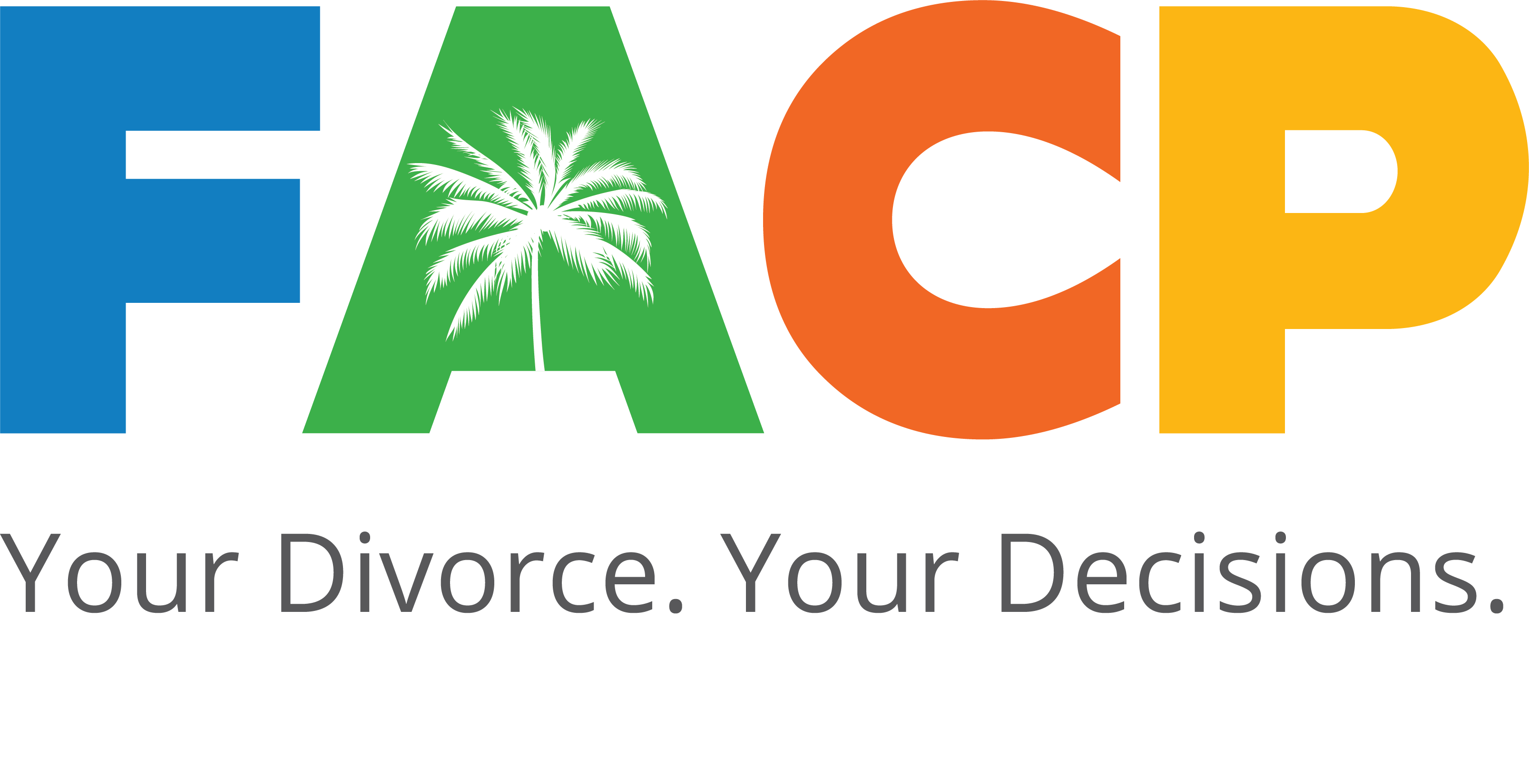We have a defined concept of how a mental health neutral (MHP) should participate in the collaborative process but what if the parties don’t want to commit to an MHP? There is a back door – hire a specialist! Just make sure that specialist is trained in the collaborative process. Training in collaborative process is critical for any mental health specialist to participate effectively with a collaborative team. MHPs are trained not to share information, we “cannot admit or deny” knowing a patient. To work collaboratively, information must be freely shared. Signing a participation agreement as a specialist enables the MHP to share information with the team.
As an addiction specialist I have participated on many teams. Although I have often consulted informally in the absence of signing a participation agreement, I strongly recommend having addiction specialists (and any specialist for that matter) sign the participation agreement. Participation agreements establish “the rules,” they establish transparency while also protecting the confidentiality of the process. This is critical when working with addictive disorders; everyone must be free to share information and consider safeguards without concern the information will be used for future litigation. To this end, it may be advisable to assure “prividentiality,” which includes inadmissibility of information shared during the collaborative process unless that information falls under the parameters of mandatory reporting.
Working in a collaborative process promotes a positive outcome for families wrestling with substance use disorders. Collaborative attorneys want a solution. They do not want to eviscerate the person with the substance use disorder; they want to protect the children. When the ill person is not being attacked but is approached with a plan to ensure the safety of their children, they are more willing to accept treatment and monitoring. With a monitoring program in place the other parent can more comfortably allow the children to spend time with the ill parent. Bingo! An agreement!
The primary difference between functioning as a specialist rather than a facilitator is that I do not organize or participate in a full team meeting. When acting as a specialist, I communicate with the parties offline and provide updates to the attorney team. I set up conference calls and send emails updating my progress. When there’s a snag (and there always is with addictive disorders), I consult the team, offer solutions to the parties, navigate an agreement regarding parenting issues and substance use monitoring and present final recommendations. Those recommendations are often included in a Parenting Plan which can be endorsed or further edited by the team.
There are always mental health issues presented during dissolution. If the issues are, or could be, acute, a specialist can be used to provide information and explore options for resolution of conflicts and concerns. So, let’s think outside the box when parties balk at using the full team – hire a collaboratively-trained specialist and use that person to inform the team and to facilitate settlement.
Respectfully Submitted,
Wendy E. Coughlin, PhD, LMHC
www.drwendycoughlin.com
727 532-1997

“Family Effect” of the Collaborative Process
As an attorney, I am naturally inclined to hyper-focus on the content being discussed in Collaborative full team meetings.





